We are active in the field of alternative drives and energies as a Hamburg company because we see a future orientation in the cooperation; both of the people among themselves, as well as to nature. Therefore, the current case of “Hambi” is also occupying us here in Hamburg, while according to the agenda we “only” wanted to deal with the upcoming high-voltage training.
According to the Federal Statistical Office, lignite accounted for 22.5% of German electricity production in 2017, and hard coal for 14.1%. Renewable energies already account for 33.3%. The fact that the Hambach Forest is now being forcibly cleared as an example of overexploitation in order to clear it does not cast a good light on the energy transition.
The English “We could do better” is the kindest thing that comes to mind.
But we don’t want to shift the responsibility for this onto one corporation or state government alone; we all consume energy, including energy from lignite, whether directly or indirectly.
We as a country want the energy transition and you can work on it better as a society, as an individual, as a company, as a government, as an initiative, etc. than we are already doing.
However, one point seems to have receded into the background (again): The aspect of rational energy use alongside the development of regenerative energies. Unfortunately, an energy turnaround does not happen overnight. The cleanest way to use less fossil energy is, as much as possible, to use less overall. This doesn’t just mean “buying and using energy-efficient equipment.” It also means thinking about what you really want to use. Do I really want the TV on while I’m actually working on my laptop and playing music on my smartphone? To ask ourselves such questions in everyday life does not even mean to limit ourselves directly, it only enables us to adapt our own actions to our own will instead of continuing to do everything unreflectively as before out of mostly unconscious habit.
Photovoltaic technology, wind energy, electromobility (ev) high voltage technology, etc. represent forward-looking technologies in which we as a society and as individuals must invest commitment, time and also money, whether in Munich, in Hamburg or in NRW. However, the resources we are given must be used consciously and sensibly, and this must also be a requirement of a sustainable energy industry – from the producer to the end consumer. The phase-out of LLW is inevitable – but so is changing our thinking. And our interaction with our world has been for a long time. We can do better!

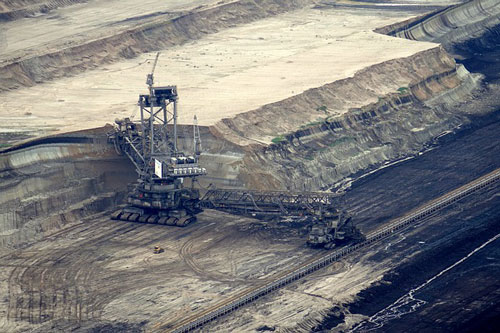
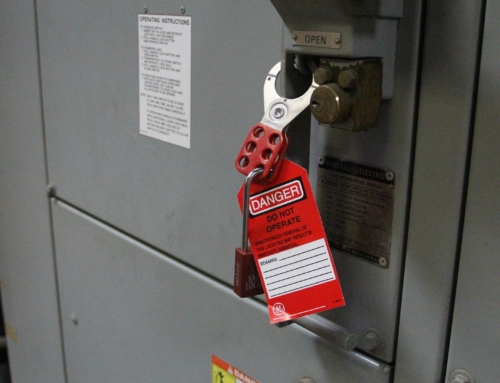
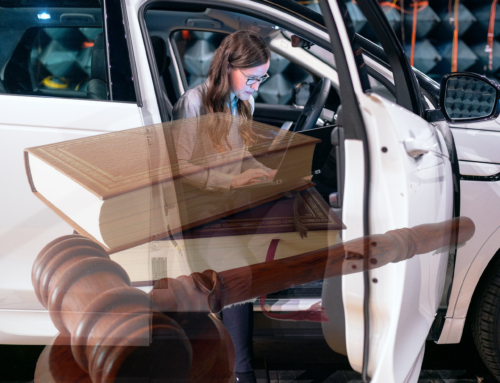
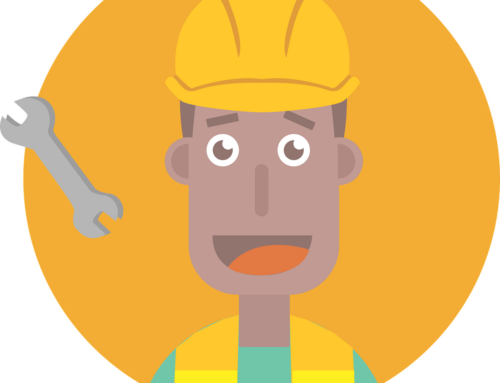
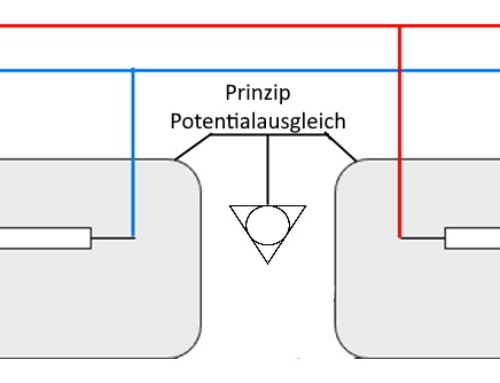
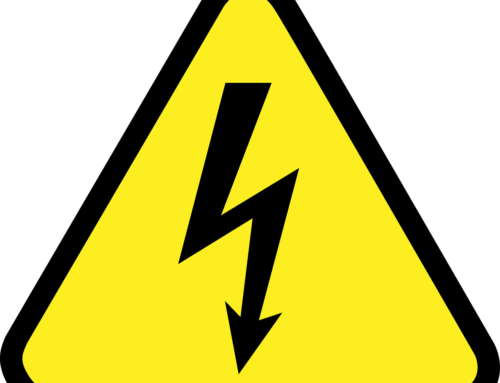
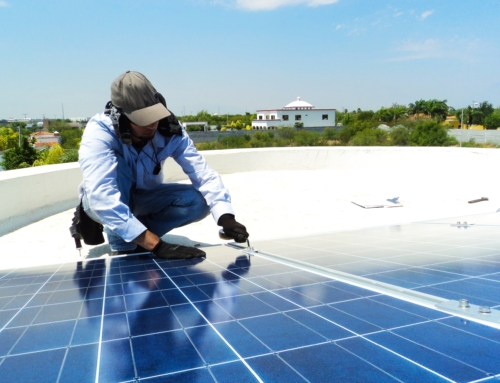
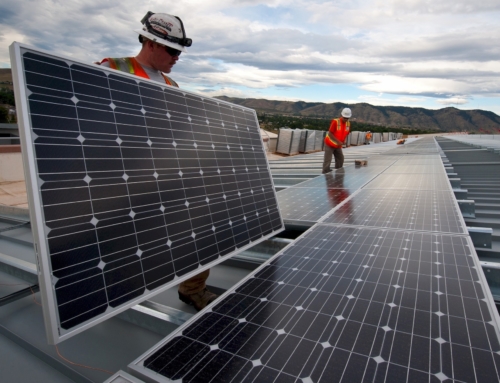
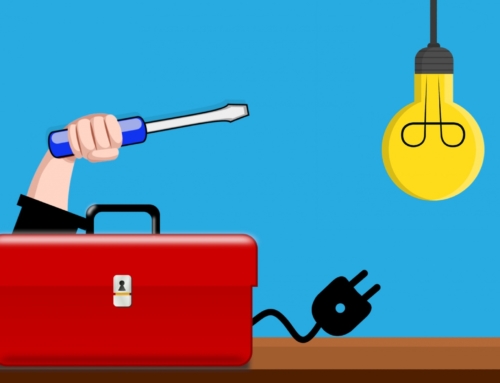
Leave A Comment